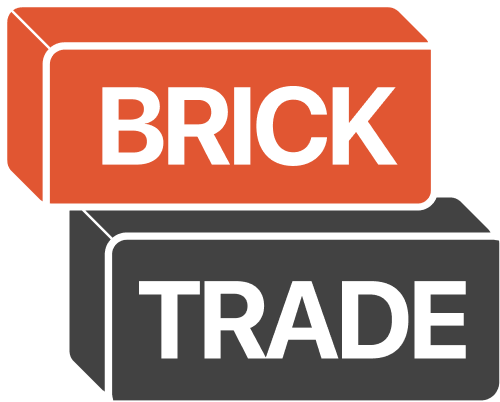In an era where the dream of homeownership seems increasingly out of reach for many, the advent of tokenized homes presents a beacon of hope. This revolutionary concept, leveraging blockchain technology, is not just transforming the real estate landscape; it's paving the way for a more equitable future in housing.
The Promise of Tokenization
At its core, tokenization involves dividing property into shares or "tokens" that can be owned individually. This process democratizes access to real estate investment, making it possible for more people to invest in homes and other properties with significantly less capital than traditionally required. For our static home and social housing product, this means a shift towards more inclusive, community-focused living spaces.
A Solution for Social Housing
The impact of tokenization on social housing cannot be overstated. By breaking down financial barriers, tokenized homes allow for a more distributed model of property ownership. Investors, whether local community members or global citizens, can contribute to the development and maintenance of affordable housing projects. This not only fosters a sense of community but also ensures that those in need have access to quality, dignified living conditions.
Global Investment, Local Benefit
One of the most exciting aspects of tokenization is its ability to attract investment from around the world. For investors in unstable regions, the opportunity to allocate capital towards UK-based tokenized real estate offers a stable and secure investment option. This influx of capital not only benefits the investors with potentially higher returns compared to traditional bank savings but also injects much-needed funds into the development of social housing projects.
The Future is Accessible
Tokenization makes real estate investing more accessible to everyone, everywhere. The ability to purchase fractional shares in property means that investing in real estate is no longer reserved for the wealthy or those with extensive knowledge of the housing market. This accessibility is crucial for bridging the housing gap, providing a pathway for more people to invest in and benefit from real estate.
Efficiency and Transparency
The blockchain technology underlying tokenized real estate transactions ensures unparalleled efficiency and transparency. The traditional process of buying or selling property can be cumbersome, often taking months to complete. Tokenization, however, can reduce transaction times to a matter of minutes. Moreover, every transaction is recorded on a blockchain, providing a clear, immutable history of ownership and transactions.
A Sustainable Approach
Our static home and social housing product is designed with sustainability in mind. Tokenization aligns perfectly with this ethos, offering a way to fund eco-friendly housing projects that might otherwise struggle to find financing. This approach not only addresses the immediate need for affordable housing but also ensures that these projects are sustainable and beneficial to the community in the long run.
Conclusion
The tokenization of real estate, particularly in the context of static homes and social housing, offers a promising solution to the housing crisis. By making investment more accessible, attracting global capital, and ensuring efficiency and transparency, tokenization has the potential to significantly bridge the housing gap. As
